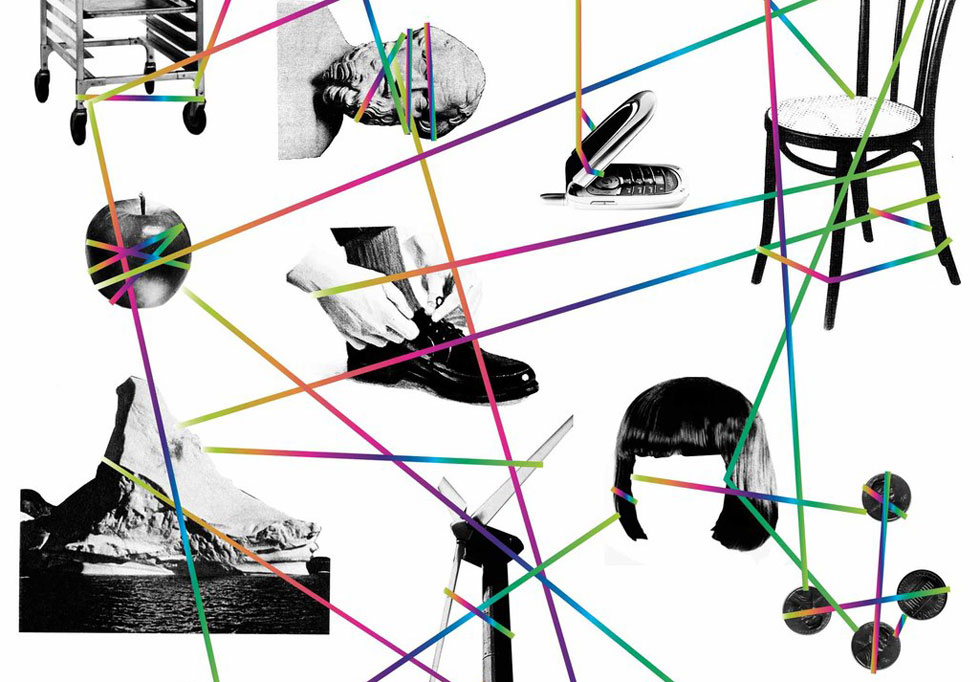Is the ‘Internet of Things’ becoming a reality?
19 Jun, 14 | by Claire Bower, Digital Comms Manager, @clairebower
You might not be aware but we are currently approaching the end of Internet of Things Week 2014. For those who aren’t familiar with the concept, the Internet of Things (or IoT, or M2M, or machine to machine) refers to an expanding network of interconnected internet-enabled devices.
It’s currently a very hot topic over in Silicon Valley, where they describe it as “a global, immersive, invisible, ambient networked computing environment built through the continued proliferation of smart sensors, cameras, software, databases and massive data centres in a world-spanning information fabric”.
So what does that actually mean and what is being done to realise this vision?

Translated into layman’s terms, IoT is billions of gadgets, each one of them connected to the internet and communicating with one another without much in the way of human intervention. John Naughton sums it up nicely: “So your fridge can talk to your smartphone to tell it that you’re running out of milk, while your bathroom scales messages your GP’s computer to let it know that you’re not sticking to your diet plan, and the webcam in your living room sends you a text to tell you that the cat has been sick on the sofa, and cool stuff like that”.
Technology giants are already on the case, viewing IoT as a logical progression from the personal computer and smartphone races of previous years. At its Worldwide Developers conference (WWDC) , Apple introduced Homekit, an Internet of Things platform that will bring together various third-party home automation accessories, enabling users to unlock doors or turn on lights via an iPhone.
Google, too, demonstrated its enthusiasm by paying £1.9bn earlier this year to buy Nest Labs, a home automation company co-founded by the creator of the iPod. Already recognised for its connected thermostats and smoke detectors, the company is currently exploring a range of other applications related to the home – everything from health tracking to security systems.
Household brands EE, John Lewis and Unilever have pledged their support this week for a £1m Launchpad competition which will provide support for early and growth stage businesses working in the Internet of Things space.
Launched Monday at London Technology Week, the competition is the result of a collaboration between Tech City UK, the Technology Strategy Board and Cambridge Wireless and will provide business and marketing support, mentorship, routes to market and grant funding to successful applicants who are developing ideas, prototypes, or have an existing business, and want to accelerate their development.
They are looking for projects that:
- may be too risky for companies to take forward without support
- may take companies into new innovative areas
- the majority of activities are carried out in Cambridge and/or London.
More information on applying is available here.
